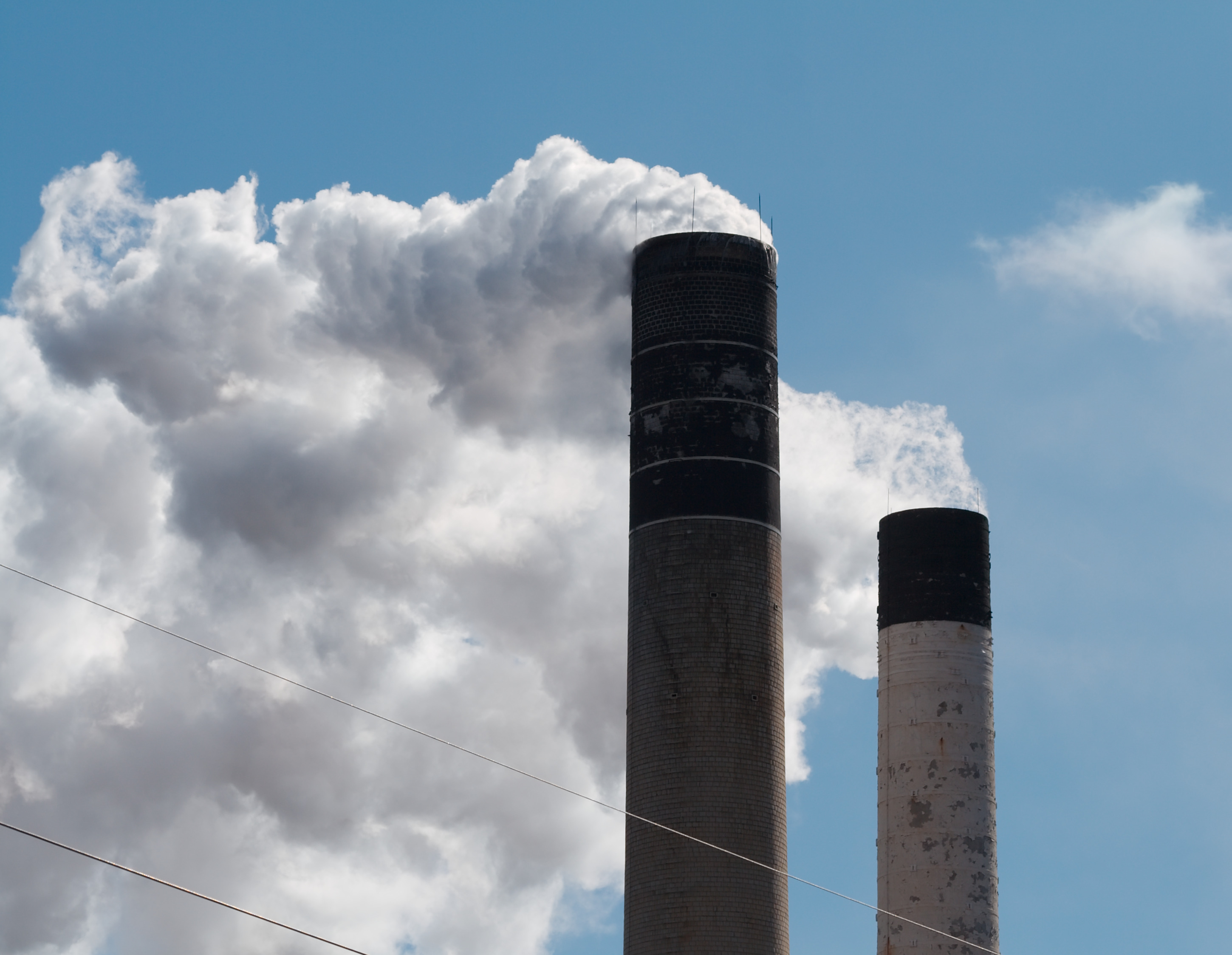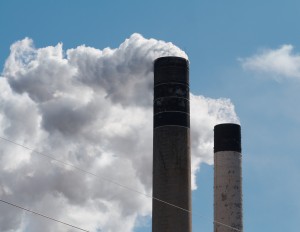
Carbon Tax included in Fiscal Cliff Package?
The American Enterprise Institute hosted a forum on Tuesday on the economics of a carbon tax. Cohosted by the International Monetary Fund, the Brookings Institution and Resources For the Future, the event weighed the pros and cons of putting a price on carbon.
Although the carbon tax has been kicked around for some years now by the environmental community, today’s forum signifies a shift, which the speakers say, is due largely to the fiscal problems facing the United States. The “fiscal cliff” is fast approaching, and both political parties want to avoid much of the pain. However, the reality is that the United States is running large fiscal deficits, and public debt is mounting. To grapple with this problem, economists believe there needs to be a combination of spending cuts and tax increases.
So, why is a carbon tax on the table? As William Gale of the Brookings Institution put it, Congress is going to need to implement new taxes anyways, and a carbon tax is one of the more efficient ways of raising revenues. It makes more economic sense than say, raising income or corporate tax rates. Why? There are several reasons.
First, a carbon tax would capture the negative externalities that exist from the combustion of fossil fuels. The two major sources of greenhouse gas emissions come from the electric power and the transportation sectors. If a tax were placed on greenhouse gases, then dirtier processes would become more expensive than clean ones, creating an incentive to become more energy efficient. Economists always prefer to tax “bad” things like pollution, rather than “good” things like work (as is done with income taxes).
Second, carbon taxes are also preferred to alternative climate change policies. When compared to cap-and-trade or a renewable portfolio standard, a carbon tax can reduce greenhouse gases at a lower cost to the broader economy, i.e. it is more “efficient.”
Third, a carbon tax is also simpler, more transparent and easier to implement than other programs.
Moreover, a carbon tax could take the place of existing energy subsidies to clean energy, which are intended to push energy consumption to cleaner sources. A carbon tax could make clean energy more competitive, and instead of spending money on subsidies, it would raise revenue instead.
Crucially, the revenue raised can be used to pay down the deficit, which is why policymakers are suddenly taking another look. A carbon tax could kill two birds with one stone. It is getting noticed in the media as well, with articles from The Washington Post (here and here), The Wall Street Journal, and proposals from think tanks like Brookings.
Here at ASP, we do not advocate for a specific policy mechanism to mitigate greenhouse gases – we leave that to the economists. However, we do believe that addressing climate change is critical. Rising sea levels, drought, severe storms and other negative consequences of climate change are a national security threat. We need to put a price on carbon one way or another, which is why today’s event at AEI is a good sign that the issue of climate change is beginning to take an a renewed importance.






